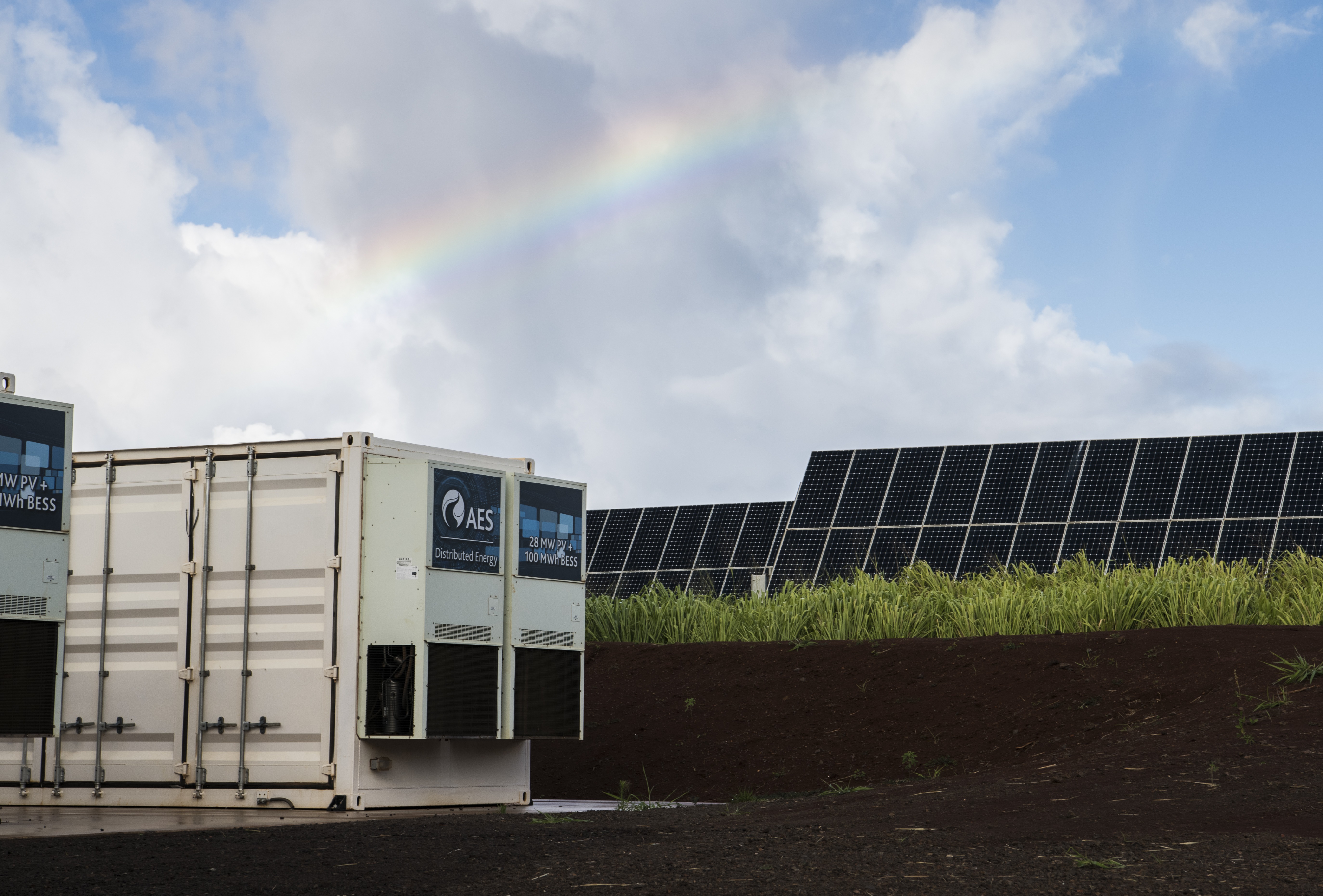Americans are grappling with escalating electricity costs, a trend that shows no signs of abating in the near future. The surge in power bills is not merely a temporary inconvenience; it reflects broader shifts in energy policy and market dynamics. As the nation transitions away from fossil fuels, consumers are experiencing the immediate financial impact of these changes. The central problem lies in balancing the urgent need for sustainable energy solutions with the economic realities faced by households, which are increasingly burdened by rising utility expenses. This situation raises critical questions about energy equity and the pace of the transition to renewable sources.
Despite the current challenges, there is a silver lining: as the shift away from fossil fuels matures, rates are expected to stabilize, ultimately benefiting consumers in the long run. The transition to cleaner energy sources promises not only environmental advantages but also potential cost savings as technologies improve and scale. Key insights suggest that while the initial phase may be painful, the long-term implications of this energy transformation could lead to a more resilient and sustainable power grid. Stakeholders must navigate this complex landscape, ensuring that the transition is equitable and that the benefits are distributed fairly across all demographics.









